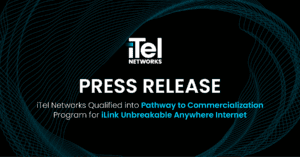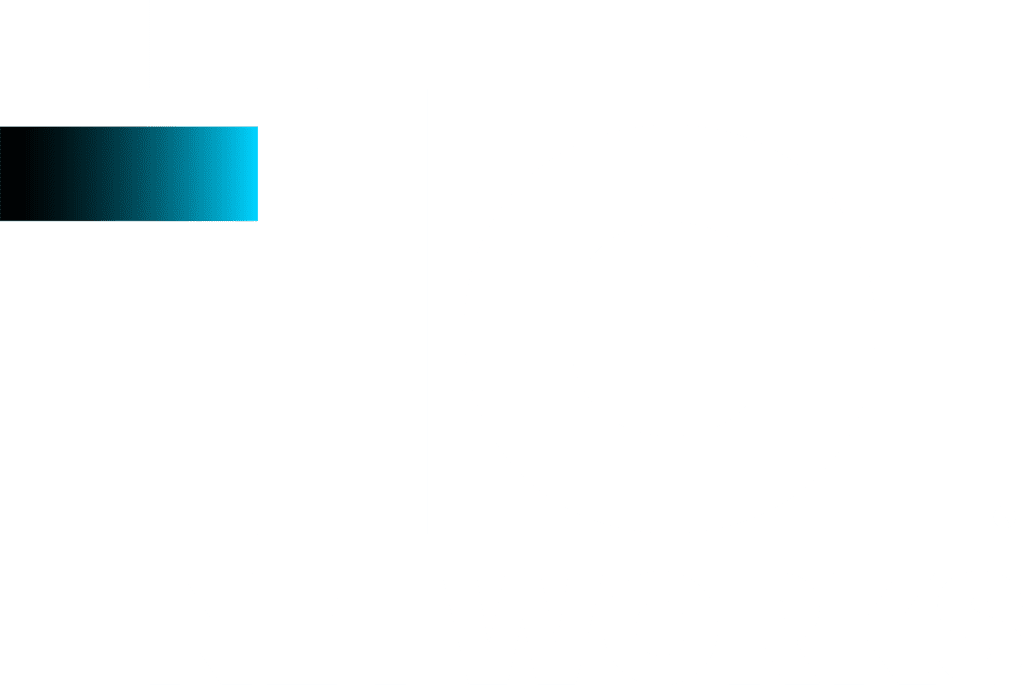In our digital age, having a high-speed, reliable internet connection is pivotal for running any type of business. However, your business internet requirements may differ significantly from your competitors and even from location to location. As a business owner or network manager, you need to be aware of what factors can influence your operations.
How can you tell what internet speeds your business requires? Are speed and bandwidth the same thing? How can you save on connectivity expenses while still ensuring your online applications run smoothly?
Let’s begin with an analogy to get the discussion started.
The difference between Bandwidth and Internet Speed
Imagine a garden.
This garden has various flowers and plants requiring different amounts of water to remain lush and healthy.
In order to get water to your garden, you will need a hose to transport the water. Both the velocity of the water and the width of the hose will affect how much water the garden receives.
This is how you can think of the business internet requirements.
Water represents the data transfer that a business requires to operate. The velocity can represent the speed at which data is sent through the network. The width of the hose can represent how much data can be sent at any given moment – your bandwidth. Lastly, the number of flowers in a garden can represent your employees and/or customers – each with their own requirements of speed and bandwidth, depending on roles and responsibilities.
Businesses are all unique, and there are several variables that might influence your network requirements, but these are some questions you can ask yourself to determine what sort of internet speeds you should consider.
- What is the nature of your business? Different industries have different needs. For instance, a software development firm might require much higher speeds than an antique shop.
- How many employees do you have? The more employees using the internet at the same time, the greater the bandwidth you’ll need. It’s not just about the number of users but also how they use the internet.
- What are your primary business activities online? Do your employees frequently download large files? Do you host your own website? Do you use video conferencing tools often? The type of activities you perform online can greatly impact the speed you need.
- Do you use cloud-based services? If your business heavily relies on cloud-based applications for tasks like CRM, ERP, or data storage, you’ll need a faster and more stable internet connection to ensure smooth operations.
- Do you rely on IoT devices? Businesses with connected devices might need more bandwidth and faster speeds to handle the data traffic from these devices.
- Do you run mission-critical applications? If your business runs applications that require constant and reliable internet connectivity, like SD-WAN, you might want to consider a multi-carrier or failover internet solution.
- What is your growth projection? If your business is expected to grow in the near future, with more employees or increased online activities, you should consider this when choosing your internet package to avoid unnecessary upgrades later.
How do you calculate internet bandwidth needs for your business?
To accurately calculate your business’s internet speed and bandwidth requirements, you’ll want to compile data on your current usage and operational experiences. If you instead want to guestimate future needs or don’t have access to such analytics, you can use these steps to guide you:
1. Identify Your Online Activities
Start by listing all the online activities that your business engages in. This may include email, VoIP calls, video conferencing, cloud services, streaming, downloading/uploading large files, POS transactions, and more. Assign each activity a usage level (high, medium, low) based on its frequency and intensity.
2. Calculate the Number of Users
Next, count the number of employees who use the internet simultaneously. Remember to include any guests or customers who might use your Wi-Fi.
3. Estimate Bandwidth Per User
Different online activities consume different amounts of bandwidth. Here’s a rough estimate:
- Email or basic web browsing: 1 Mbps
- Cloud-based services: 2 Mbps
- HD Video conferencing: 5 Mbps
- Streaming HD video: 5 Mbps
- Large file downloads/uploads: 10 Mbps
Multiply the bandwidth for each activity by the number of users who will be performing that activity at the same time.
4. Add It Up
Add up the bandwidth for all activities to get a rough estimate of your total bandwidth requirements.
5. Add Overhead for Peak Times and Growth
To account for peak usage times, add an extra 25% to 50% to your total bandwidth calculated from the previous step. Additionally, if you expect your business to grow, add a buffer to accommodate future requirements.
6. Consider Your Upload Needs
Many businesses focus on download speeds, but if you’re often sending large files, hosting web servers, or using video conferencing, you might need higher upload speeds. If you want the best of both worlds, you can shop around for symmetrical connections.
7. Think About Redundancy
If internet access is critical to your operations, consider a multi-carrier failover solution to ensure constant connectivity.
By following these steps, you’ll have a ballpark figure for your business’s internet speed and bandwidth requirements. However, specific needs may vary based on factors like the quality of your network equipment, signal interference, and more. It may be helpful to consult with a reputable internet service provider. If you need help discovering your internet needs, we have an expert ready to assist you and your business.
Internet Speed Requirement Examples by Industry
Software and IT Industry
Companies within this sector rely heavily on data transfer, involving large-scale file sharing, cloud computing, and video conferencing. High-speed connectivity (at least 100 Mbps) enables seamless operations, reduces latency, and accelerates response times. Businesses managing data centers or providing software-as-a-service may require gigabit-speed connections to deliver their services effectively and maintain customer satisfaction.
Digital Marketing and Creative Industries
These industries handle extensive files, video content, and data-intensive creative applications. Internet speeds from 50 Mbps to 200 Mbps, based on the size of the agency, ensure quick upload/download times, seamless collaboration, and smooth streaming of content. Enhanced speed translates to efficiency, improved client delivery, and, ultimately, a competitive edge.
Retail Businesses and Restaurants
For these businesses, the internet primarily facilitates POS systems, credit card transactions, and basic communications. Although lower speeds (25-50 Mbps) could suffice, the rise of IoT technologies and cloud-based POS systems necessitate higher speeds for real-time inventory management, improved customer service, and operational efficiency.
It is also important to evaluate the internet that you provide your customers. Do you have complimentary WiFi in your establishment? This should be included in your bandwidth calculations.
Manufacturing and Logistics
These sectors use internet for functions like inventory management, IoT devices, and communication. Speeds from 50 Mbps to 100 Mbps can lead to enhanced automation, real-time tracking, efficient supply chains, and improved coordination, thus promoting smoother operations and reducing downtimes.
Education and Healthcare
These sectors heavily rely on video conferencing and telecommuting tools. High-speed connectivity (100 Mbps or more) enables uninterrupted virtual interactions, remote patient care, online education, and efficient data management, bridging the gap between providers and recipients.
iTel Networks: Your Partner for Scalable, Reliable Internet Solutions
Recognizing the diverse needs across industries, iTel Networks provides tailored, coast-to-coast broadband services.
Whether you’re a small business or a large corporation, our experts will help you understand and scale your internet infrastructure as per your growth trajectory. Trust iTel Networks for an internet solution that meets your needs today and evolves with you tomorrow.
Get your quote started by reaching out today.





